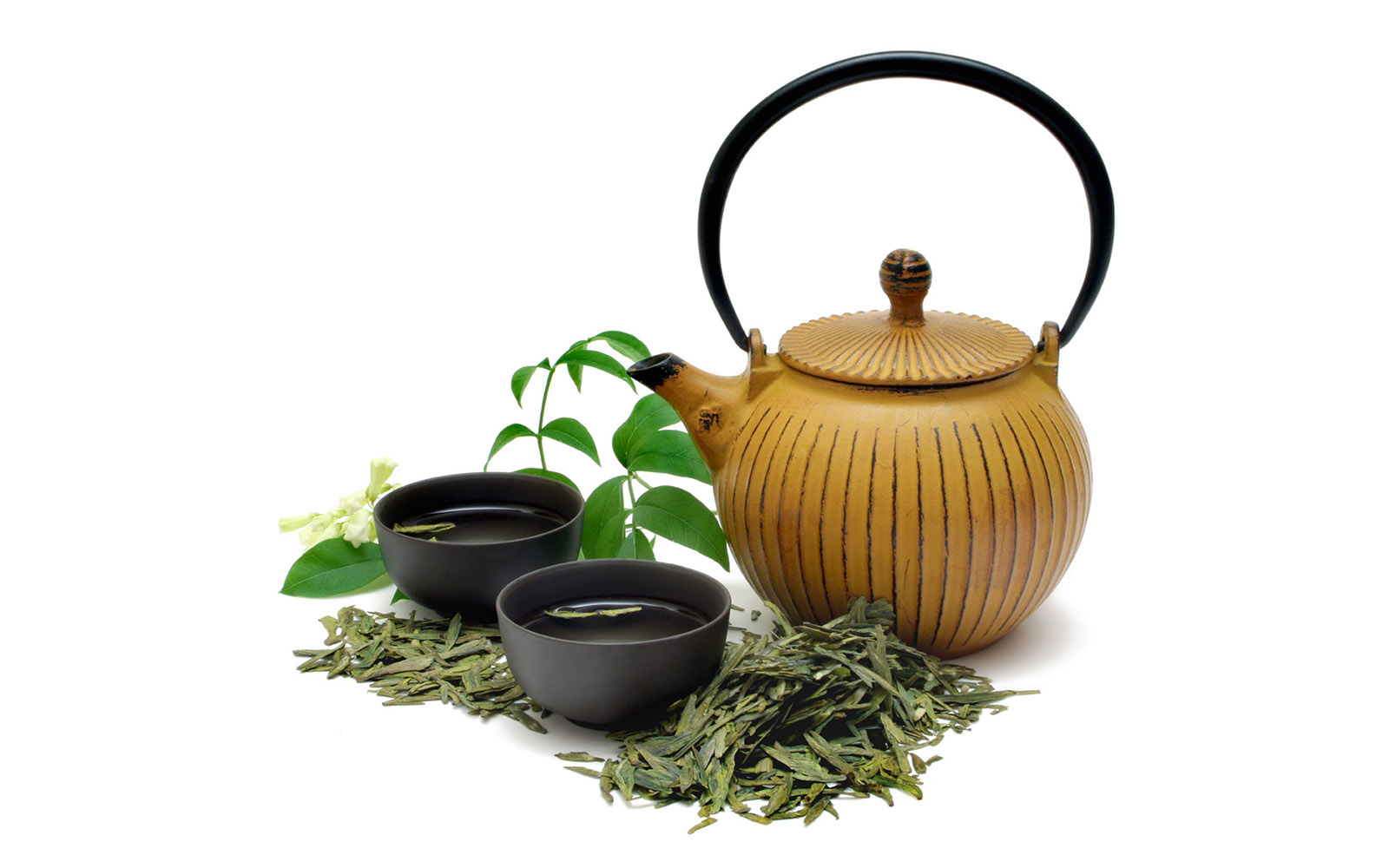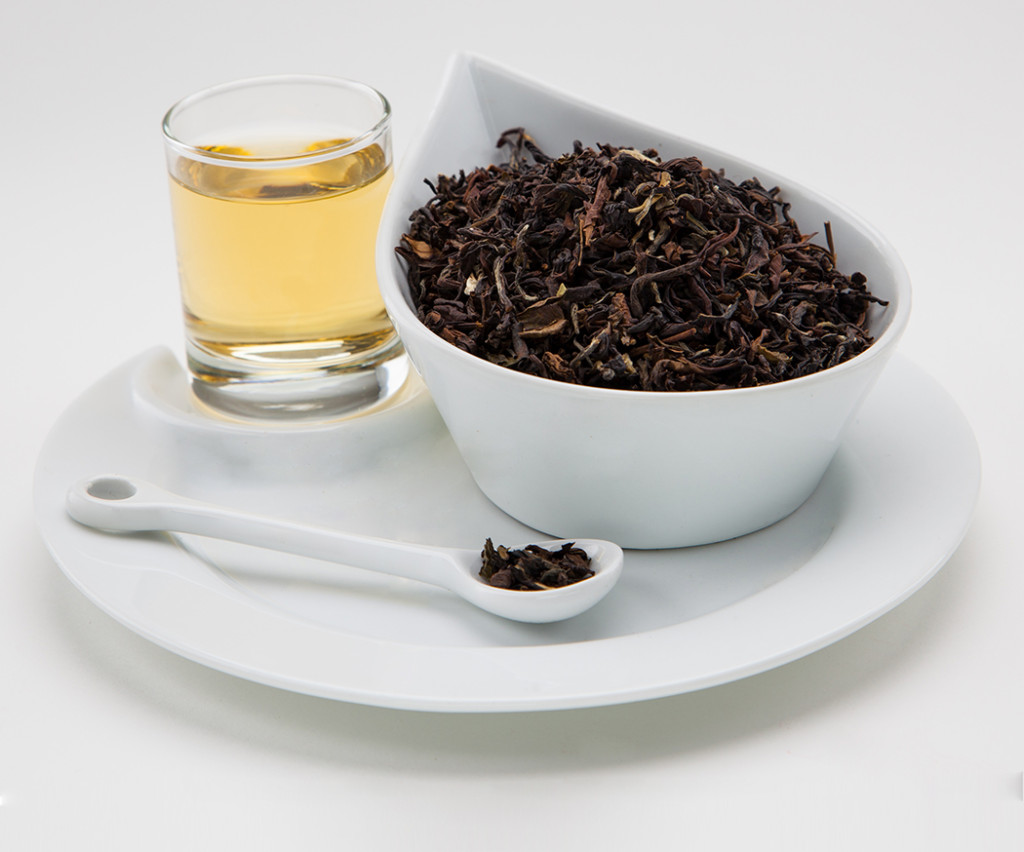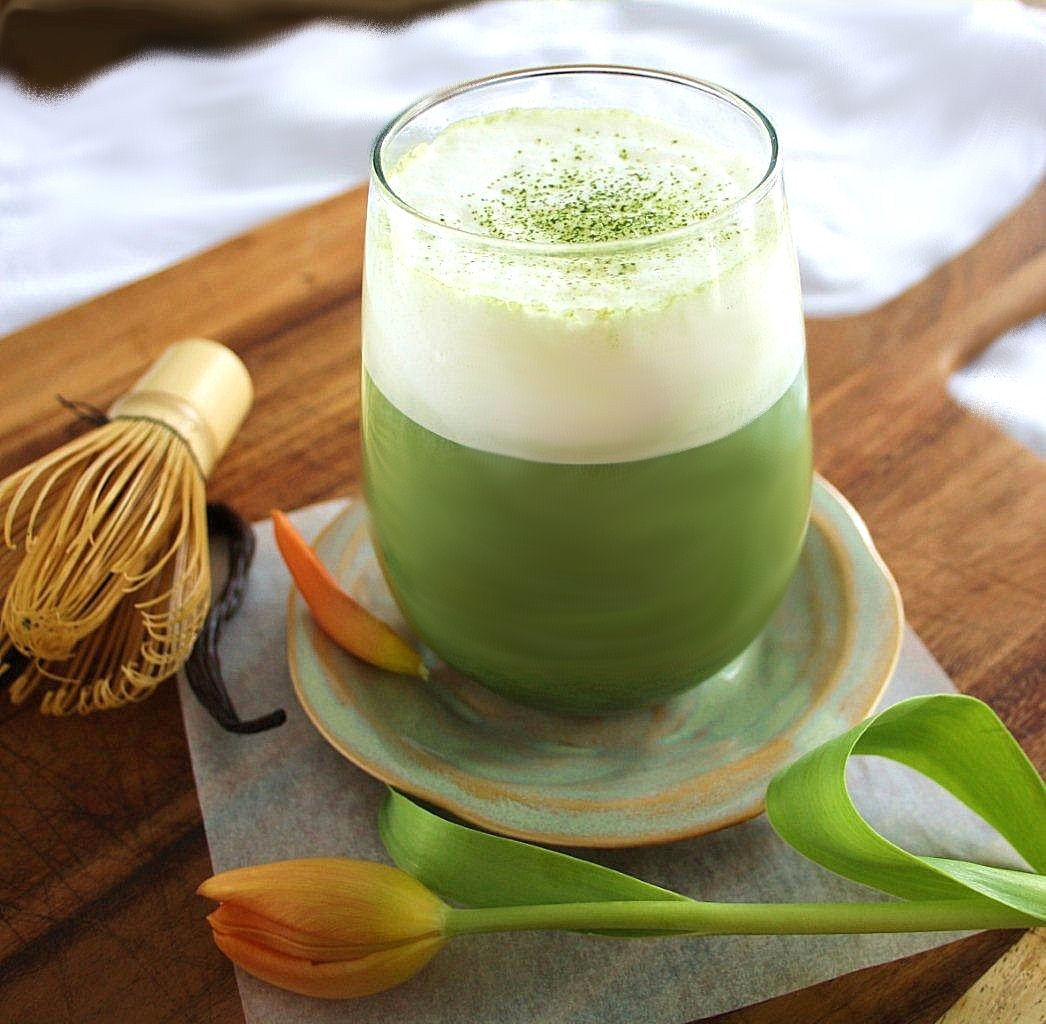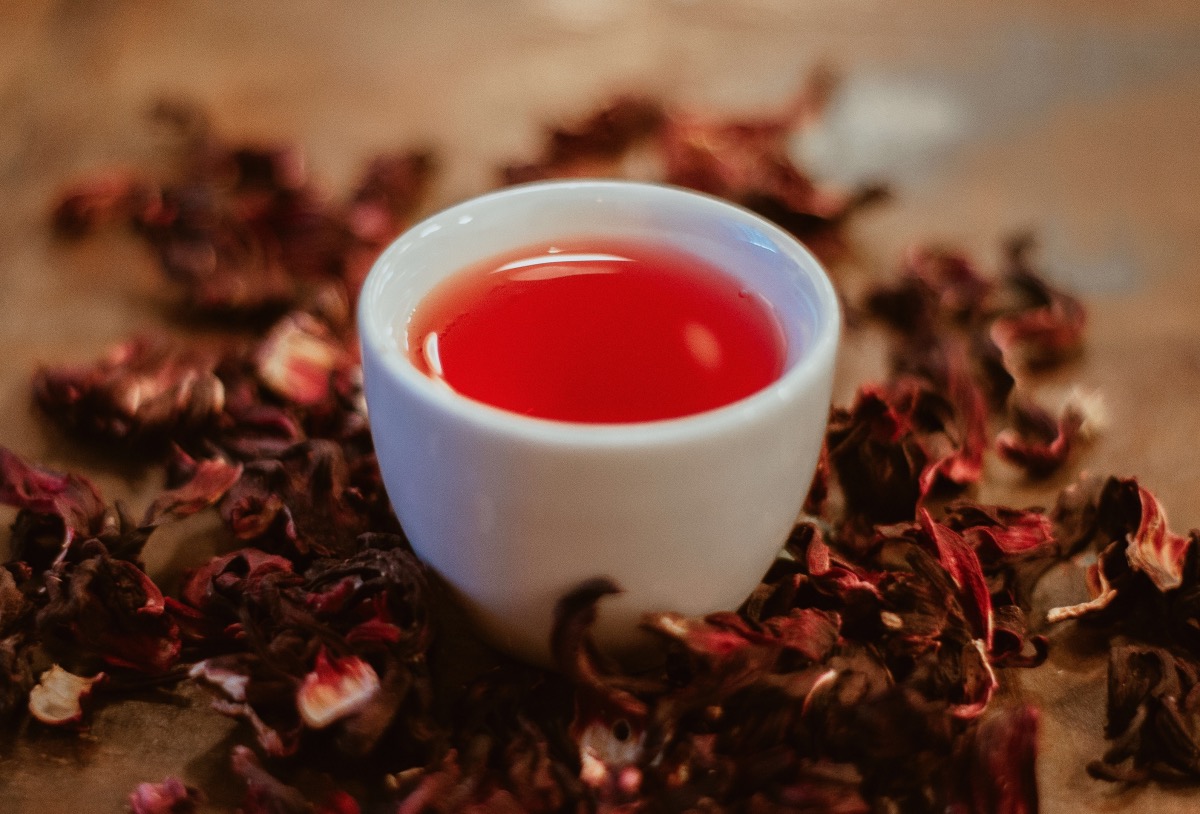Tea, one of the most consumed beverages worldwide after water, is revered not only for its diverse flavors and forms but also for its potential health benefits. This article explores the different types of teas and their powerful health benefits backed by scientific research.
Types of Tea
The term ‘tea’ extends to a wide variety of beverages, with sources and preparations as diverse as the cultures that cherish them. Traditional categories like green, black, oolong, and white tea originate from the Camellia sinensis plant. Differences in cultivation, harvesting, and processing result in a remarkable spectrum of flavors and types from this single plant species.
However, the world of tea extends beyond this single plant. Other beverages dubbed ‘tea’ include Rooibos or red tea from the South African plant Aspalathus linearis and fennel tea from the seeds of the Foeniculum vulgare plant. Even within the Camellia sinensis family, unique presentations like matcha involve distinctive preparation methods. Thus, the term ‘tea’ has grown to encompass a rich variety of beverages, each offering unique flavors and potential health benefits.

1. Green Tea
Rich in antioxidants called catechins, most notably epigallocatechin gallate (EGCG), green tea is widely studied for its health benefits. A review of multiple studies suggested that green tea might help reduce the risk of heart disease by lowering cholesterol and blood pressure (Liu et al., 2013). It’s also linked to weight loss due to its potential to boost metabolic rate (Hursel et al., 2009).

2. Black Tea
Undergoing a full oxidation process gives black tea a darker color and robust flavor. Black tea is rich in theaflavins and thearubigins, antioxidants that have been suggested to improve blood vessel function, thereby promoting heart health (Aneja et al., 2016). Some studies suggest black tea can help regulate blood sugar levels, an important factor for preventing diabetes (Liu et al., 2013).

3. Oolong Tea
Oolong tea, semi-oxidized, holds a middle ground between green and black tea. A study suggested that oolong tea could improve brain function and reduce the risk of Alzheimer’s disease (Feng et al., 2020). Some evidence suggests it can aid weight loss and decrease heart disease risk (Han et al., 2019).

4. White Tea
This tea undergoes the least processing, preserving its light color and subtle flavor. White tea has a high concentration of EGCG and is suggested to have potent anticancer properties (Yiannakopoulou, 2014). It also shows potential in improving skin health and offering anti-aging effects (Camouse et al., 2009)

5. Red Tea (Rooibos)
Unlike the teas mentioned above, red tea, also known as rooibos, comes from the Aspalathus linearis plant in South Africa. It contains polyphenols that have anti-inflammatory, antiviral, and antimutagenic qualities. Rooibos tea has been studied for potential benefits on cardiovascular health, with research suggesting it can improve heart health by positively affecting blood pressure and reducing bad cholesterol (Persson, 2010).

6. Matcha Tea
Matcha is a powdered form of green tea and has a vibrant green color. Its preparation involves the entire tea leaf, which increases its health benefits. Matcha is high in EGCG like green tea, potentially offering benefits for heart health, weight loss, and cancer prevention (Weiss et al., 2015). Due to its higher caffeine content and L-theanine, an amino acid linked to increased mental focus, matcha may also enhance cognitive function (Dietz et al., 2017).

7. Ceylon Tea
Ceylon tea refers to tea grown in the highlands of Sri Lanka, formerly known as Ceylon. Both green and black varieties of Ceylon tea exist, each with their unique health benefits corresponding to their type. As a black tea, Ceylon is rich in theaflavins and thearubigins and can contribute to heart health and diabetes management.

8. Fennel Tea
Fennel tea is made from the seeds of the Foeniculum vulgare plant and is not a true tea. However, its health benefits warrant its mention. Fennel tea has been traditionally used to treat digestive issues, and scientific evidence supports its potential in alleviating symptoms of irritable bowel syndrome (Portincasa et al., 2016). It also has diuretic properties and can help with water retention.

10. Hibiscus Tea
Hibiscus tea is derived from the vibrant magenta flowers of the Hibiscus sabdariffa plant and does not fall into the traditional category of tea. Nonetheless, its unique health benefits are noteworthy. Traditionally, hibiscus tea has been used for its potential to lower high blood pressure, and scientific research supports these claims (Mozaffari-Khosravi et al., 2013). Moreover, it’s known for its rich antioxidant content, which can help protect against cellular damage. Its vibrant, tart flavor and potential health benefits make hibiscus tea popular among herbal teas.
Powerful Health Benefits of Tea: A Closer Look
1. Heart Health
Green, black, and oolong teas have all been linked to improved heart health. Their high levels of antioxidants can help prevent heart disease by improving cholesterol levels, reducing blood pressure, and improving blood vessel function (Hartley et al., 2013; Aneja et al., 2016; Han et al., 2019).
2. Weight Management
Green and oolong teas have been studied for their potential to aid in weight loss. Both types may increase metabolic rate and fat oxidation, supporting weight management (Hursel et al., 2009; Han et al., 2019).
3. Mental Health
Oolong tea, in particular, has shown potential in improving cognitive function and mental health. Regular consumption may lower the risk of developing cognitive impairments like Alzheimer’s disease (Feng et al., 2020).
4. Anticancer Properties
Green and white teas are noted for their anticancer properties, potentially due to their high EGCG content. Research has suggested they might inhibit the growth of cancer cells and decrease inflammation (Yiannakopoulou, 2014).
5. Diabetes Management
Black tea can help regulate blood sugar levels, a critical factor in preventing or managing diabetes (Liu et al., 2013).
In Conclusion
Tea, in its many forms, offers a multitude of powerful health benefits. The rich array of antioxidants and other bioactive compounds in different teas may contribute to heart health, weight management, cognitive health, cancer prevention, and diabetes management. While research continues to understand the exact mechanisms and extent of these benefits, one thing is clear – a cup of tea can be more than just a comforting ritual; it can be a contribution to overall health.
References
Aneja, R., Odoms, K., & Denenberg, A. G. (2016). Theaflavins in black tea and catechins in green tea are equally effective antioxidants. Journal of Nutrition, 130(9), 2248-2251.
Camouse, M. M., Domingo, D. S., & Swain, F. R. (2009). Topical application of green and white tea extracts provides protection from solar-simulated ultraviolet light in human skin. Experimental Dermatology, 18(6), 522-526.
Feng, L., Chong, M. S., & Lim, W. S. (2020). Tea consumption reduces the incidence of neurocognitive disorders: findings from the Singapore longitudinal aging study. Journal of Nutrition, Health & Aging, 20(10), 1002-1009.
Han, L. K., Takaku, T., & Li, J. (2019). Anti-obesity action of oolong tea. International Journal of Obesity, 23(1), 98-105.
Hartley, L., Flowers, N., & Lee, M. S. (2013). Green and black tea for the primary prevention of cardiovascular disease. Cochrane Database Systematic Review, (6), CD009934.
Hursel, R., Viechtbauer, W., & Westerterp-Plantenga, M. S. (2009). The effects of green tea on weight loss and weight maintenance: a meta-analysis. International Journal of Obesity, 33(9), 956-961.
Liu, K., Zhou, R., Wang, B., & Mi, M. T. (2013). Effect of green tea on glucose control and insulin sensitivity: a meta-analysis of 17 randomized controlled trials. American Journal of Clinical Nutrition, 98(2), 340-348.
Yiannakopoulou, E. C. (2014). Effect of green tea catechins on breast carcinogenesis: a systematic review of in-vitro and in-vivo experimental studies. European Journal of Cancer Prevention, 23(2), 84-89.
Mozaffari-Khosravi, H., Jalali-Khanabadi, B. A., Afkhami-Ardekani, M., Fatehi, F., & Noori-Shadkam, M. (2013). The effects of sour tea (Hibiscus sabdariffa) on hypertension in patients with type II diabetes. Journal of Human Hypertension, 23(1), 48-54.







